On January 29, 2018, Ralph Hamers, the CEO of ING Groep NV, one of Europe’s largest banks, proudly announced a significant move to enhance its presence in omnichannel payment services. ING Bank N.V. had successfully reached an agreement to acquire a 75% stake in Payvision B.V., a Dutch Payment Service Provider. The acquisition was valued at €360 million, representing an impressive multiple of 52 times Payvision’s recurring EBITDA in 2017, which stood at €6.9 million.
Only three months after the final milestone payment was made to Payvision’s founders, ING Bank N.V. recorded an impairment on the recorded goodwill (€188 million) and the intangible assets (€125 million) accounted for at the time of the initial consolidation in 2020.
On October 28, 2021, ING announced that its subsidiary, Payvision B.V., would begin phasing out its services as a payment service provider and acquirer.
In October 2022, it was revealed that criminal proceedings had been initiated due to massive violations of anti-money laundering regulations that had occurred since 2021. By March 2023, Payvision’s website had disappeared.
According to publicly available documents, ING Bank N.V. has invested a minimum of half a billion Euros in this Fintech venture. Given the details of this acquisition (which will be elaborated upon shortly) and the timing, shareholders and analysts are supposed to have numerous questions for ING’s board of management.
The story of Payvision’s journey from promising fintech to a costly ordeal for ING serves as a cautionary tale in the financial industry
The start of the journey
Payvision B.V., founded by Rudolf Booker, began its journey in the financial industry in 2002 as a payment gateway provider for the online business. It secured a Payment Institution (‘PI’) license from the Dutch Central Bank (DNB) in 2012 under the European Union’s Payment Services Directive (‘PSD1’). In early 2012, Payvision also gained principal acquiring membership with Visa Europe and Mastercard Worldwide, and actively participated in industry panels and working groups managed by Card Schemes.
Since its inception, Payvision has established itself as a preferred option for high-risk merchants. Notably, Wirecard, a prominent German Fintech firm currently undergoing bankruptcy proceedings and facing criminal charges, often appeared in tandem with Payvision while servicing similar questionable high-risk merchants. Subsequently, both companies were mentioned in U.S. and European court records, where they were identified as high-risk merchants and linked to scamming and international criminal organisations.
While Wirecard pursued a reverse takeover strategy by acquiring a bank to boost its momentum, Booker had been actively seeking a partner for Payvision over the course of several years (rumours).
ING Bank N.V. had been managing the payment accounts of Payvision, establishing a longstanding business relationship. Nevertheless, it came as a surprise to the Dutch Fintech community when the acquisition agreement between Payvision and ING, announced in January 2018, was unveiled.
2018 - a year to celebrate business success!
Using the financial data from Payvision Holding for 2017, ING calculated a purchase price of €360 million by applying a multiple of 52 to the “recurring” EBITDA and 12 times the gross margin. In comparison to similar transactions, this valuation appeared significantly higher, even considering the heightened enthusiasm surrounding fintechs in early 2018.

Ralph Hamers and Booker expressed their enthusiasm and celebration over the agreement.
According to the audit reports from both Payvision and ING, the payment business performed exceptionally well for the group in 2018. Payvision’s B.V. (without ACAPTURE) gross revenues increased by €62.618 million, representing a remarkable 66.4% growth, while the gross margin saw a €18.253 million increase, equivalent to a 63.3% rise.
This was undoubtedly positive news for Booker, given that the acquisition price came with a contingent clause.
Details of the transaction pricing!
In 2018´s ING annual report, the acquisition details are described as follows:
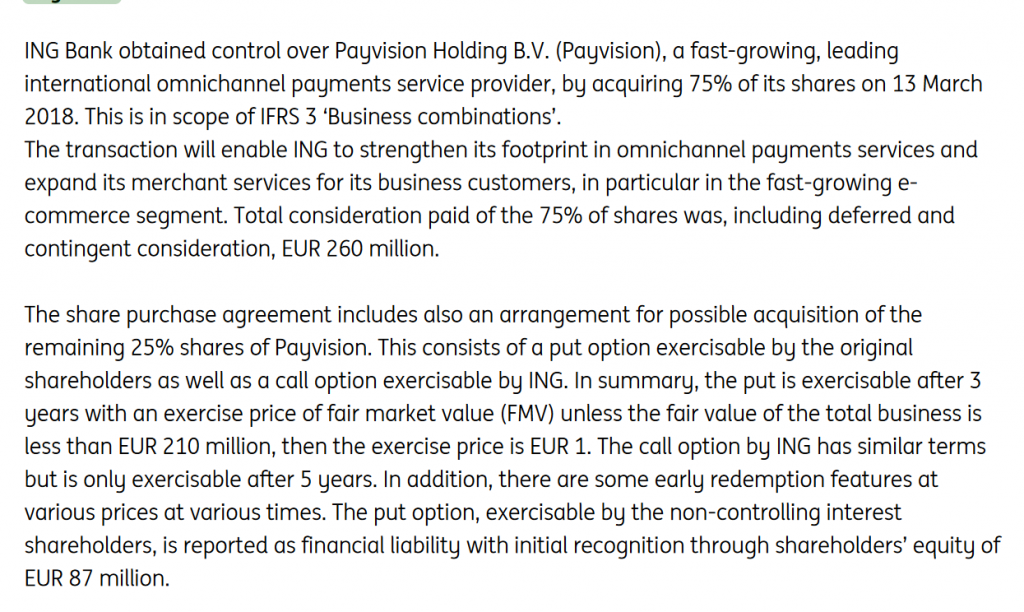

Thus, the total purchase price of €360 million for 100% included several contingent liabilities, depending on the company’s development—a very reasonable approach.
Additionally, for the put/call option (purchasing the remaining 25%), a period of three years is specified. Five years was agreed upon, again with a contingent clause in case the fair market value is lower than €210 million, a very reasonable approach.
An enormous goodwill was recorded!
Effective as of 1 April 2019, in the initial consolidation of its new subsidiary, ING recognised goodwill of €188 million and intangible assets amounting to €125 million. The put/call option for the remaining 25% triggered the recognition of a financial liability, with an initial recognition through shareholders’ equity of €87 million related to Payvision (with any prospective adjustments going through the profit and loss statement).
Booker envisioned a promising business future, as his close and personal business association with Uwe Lenhoff granted him access to significant players in the online gaming and fraudulent sectors, including business partners like Gery Shalon.
Some minor issues did arise, but they did not lead to significant problems. In August 2018, a raid occurred in Kyiv, resulting in several arrests at Payvision’s merchant BINEX.ru (beneficial owner Vladislav Smirnov and Gery Shalon). Additionally, an investigative website called Fintelegram published bank statements that revealed Stichting Trusted Third Party Payvision as the largest acquirer for websites like Safemarkets.com, OptionStarsglobal.com, and Straderfx.com. Notably, all of these websites were offering financial instrument investments to retail investors without the necessary licenses in the European Union.
ING's issues with AML in the Netherlands
Beginning September 2018, ING announced that a settlement had been reached with the Dutch FIOD for millions (including a disgorgement of €100 million) due to massive money laundering failings. Dutch financial crime prosecutors stated that ING had violated laws on preventing money laundering and financing terrorism “structurally and for years” by failing to properly vet the beneficial owners of client accounts and by not detecting unusual transactions through them.
Ralph Hamers assured that the money laundering failures related to the past, and that ING has since improved its procedures for admitting and vetting clients. Hamers said this, while the executive board has agreed to forgo a bonus for 2018.
2019 - still a good year for Booker!
However, Payvision’s figures started to decrease.
On January 21, 2019, Uwe Lenhoff, a reseller agent of Payvision, was arrested in Austria. Subsequently, on January 26, 2019, Gal Barak was apprehended in Sofia. The implicated websites (Payvision served all merchants) were shut down in February 2019. As more information emerged regarding the business ties between the detained individuals and Payvision, the company’s gross revenues for 2019 began to decline significantly.

In May 2019, the FTC filed a claim (Case 2:19-cv-04355 Document 1 Filed 05/20/19) against Allied Wallet Inc. FTC, Allied Wallet – a payment facilitator serviced by Wirecard and Payvision in Europe and the US – since at least 2012, has knowingly processed payments for numerous merchant-clients engaged in fraudulent activities, including merchants that have been subject to law enforcement actions by the FTC, the Securities Exchange Commission (“SEC”), and criminal authorities.
Payvision B.V. is also listed as a defendant in U.S. lawsuits related to its role as the European Payment Service Provider (PSP) for T1 Payment LLC. Specifically, it was named in the Complaint, Counterclaim, and Allegation of Fraud filed by Onyx & Rose LLC, Case No. 2:20-cv-00008-KJD-NIK, on July 3, 2019. This lawsuit centred on a payment of $204,859.51 under a cannabis products payment processing agreement entered into on September 12, 2018. More similar claims emerged thereafter. months
Surprisingly, in contrast to the conditions in the acquisition agreement and seemingly unconcerned about the latest revelations, ING exercised the pre-agreed call option for the remaining 25% shares in Payvision in September 2019. Over the subsequent months, leading up to April 2020, ING fulfilled its commitment by paying the remaining purchase price of € 90 million, which also included a success fee of € 20 million, to the founders
In late 2019, DNB, the Dutch supervisory authority, prompted by the reporting of Fintelegram, urged Payvision to undergo a comprehensive audit of its compliance department by a third-party auditor.
2020 was still a good year for Booker, but a bad year for ING's shareholders and Payvision's business partners
After receiving a total of €90 million (still based on a valuation of €360 million), Payvision’s founders finally departed in April 2020. ING still praised the acquisition of the last tranche of shares, in its annual report for 2020: this acquisition of last tranche of shares underscores Payvision’s importance to the ING group’s vision, positioning it as the Merchant Service Center of Excellence within ING.
While ING continued to commend its €360 million investment in Payvision B.V., the release of the damning Kroll report on Payvision’s compliance system in the spring of 2020 prompted Payvision B.V./ING to cease onboarding new customers.
Subsequently, DNB (De Nederlandsche Bank) was compelled by Kroll’s unfavourable report to take action, initiating its own investigation in the summer of 2020.
Beginning July 2020, Uwe Lenhoff – Payvision’s reseller and business partner and Bookers’ personal friend – was found dead in his arrest cell in Germany.
During the same reporting period in which Booker received the latest instalment of the acquisition price, ING recorded an impairment of the recorded goodwill and intangible assets associated with the Payvision acquisition. On July 28, 2020, ING announced that, due to an impairment test prompted by the Covid-19 pandemic, it anticipated booking an impairment of approximately €300 million on its balance sheet already in its second-quarter 2020 results.
On September 1, 2020, Gal Barak was pronounced guilty of severe fraud and money laundering in Vienna, Austria. The judgment explicitly identified Payvision as one of the payment service providers employed in the process of laundering the illicitly acquired funds.
On October 7, 2020, DNB delivered a scathing report to Payvision and ING, highlighting the deficiencies within Payvision’s compliance department.
In November 2020, media reports further exposed Payvision’s involvement in fraudulent activities. ING responded by issuing a press release, acknowledging that, during the initial acquisition of the 75% stake, it was aware that a portion of Payvision’s customer base did not align with ING’s desired risk profile. The press release also stated that ING had taken appropriate measures to reduce its exposure to customers in high-risk segments, particularly in the ‘adult’ entertainment and gambling sectors, which were subsequently removed from Payvision’s portfolio.
An increasing number of legal claims from T1 Payments merchants in the U.S. are emerging, with Payvision being named as a defendant. These claims allege that Payvision was involved in a fraud and money laundering system operated by T1 Payments LLC.
Due to these unfavourable developments, and despite the overall growth in the online payment industry in 2020 resulting from the COVID-19 pandemic, Payvision experienced a significant deterioration in its business performance, leading to a negative operating result of €-24 million for the year 2020.

2021 -ING invests more money in Payvision
According to Payvision´s audit report as of 11 February 2021, a share premium contribution was signed between ING and Payvision for an amount of €40 million, followed on 27 September 2021 by a second share premium contribution for an additional €30 million.
On 28 October 2021, ING announced that Payvision would begin phasing out its services as a payment service provider and acquirer. The aim was to complete the phase-out process by the second quarter of 2022, as stated in the audit report. ING is committed to providing sufficient financial means to fulfil all upcoming financial obligations of Payvision B.V.
2022 information about ongoing criminal proceedings got public!
In October, the Dutch FD (Financieele Dagblad) reported that in May 2022, the Dutch FIOD (Fiscal Information and Investigation Service) conducted a raid at Payvision’s office, as well as at other locations in Amsterdam. This action was taken in response to Payvision facing a criminal investigation for serious anti-money laundering violations.
A few days later, ING confirmed the investigations but declined to provide additional comments. ING emphasised once more its intensified focus on anti-money laundering measures, particularly since it received a significant fine in September 2018.
2023 - ING is eager to bury Payvision!
In the spring of 2023, Payvision’s website went offline, and the remaining staff, consisting of only a few individuals, relocated to the ING headquarters in Amsterdam.
Summary
There is no publicly available information regarding the total costs incurred by ING shareholders for the Payvision B.V. venture. However, estimating that these costs, including expenses for the high-priced lawyers engaged in Europe and the U.S. to counter the raised claims, may have reached half a billion Euros is a reasonable approximation.
By analysing the published information about the deal, as well as comparing ING´s announcements with the facts surrounding Payvision, several open questions arise. It is indeed surprising that no one has been held accountable for the deal within ING. For sure, the complexity of such financial transactions and the legal aspects involved may make it difficult to assign blame definitively. However, let us examine how corporate culture within ING addresses these issues.


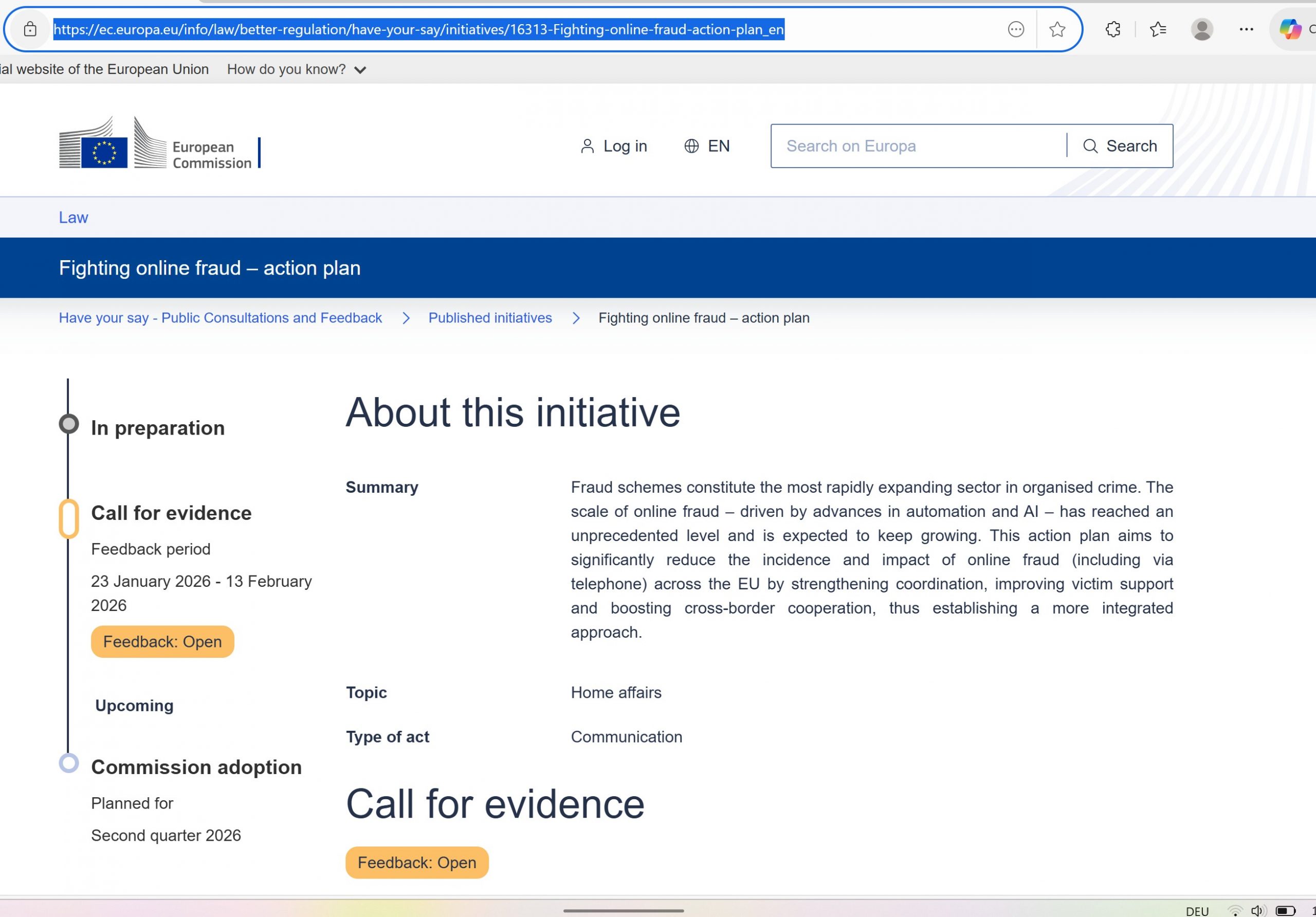
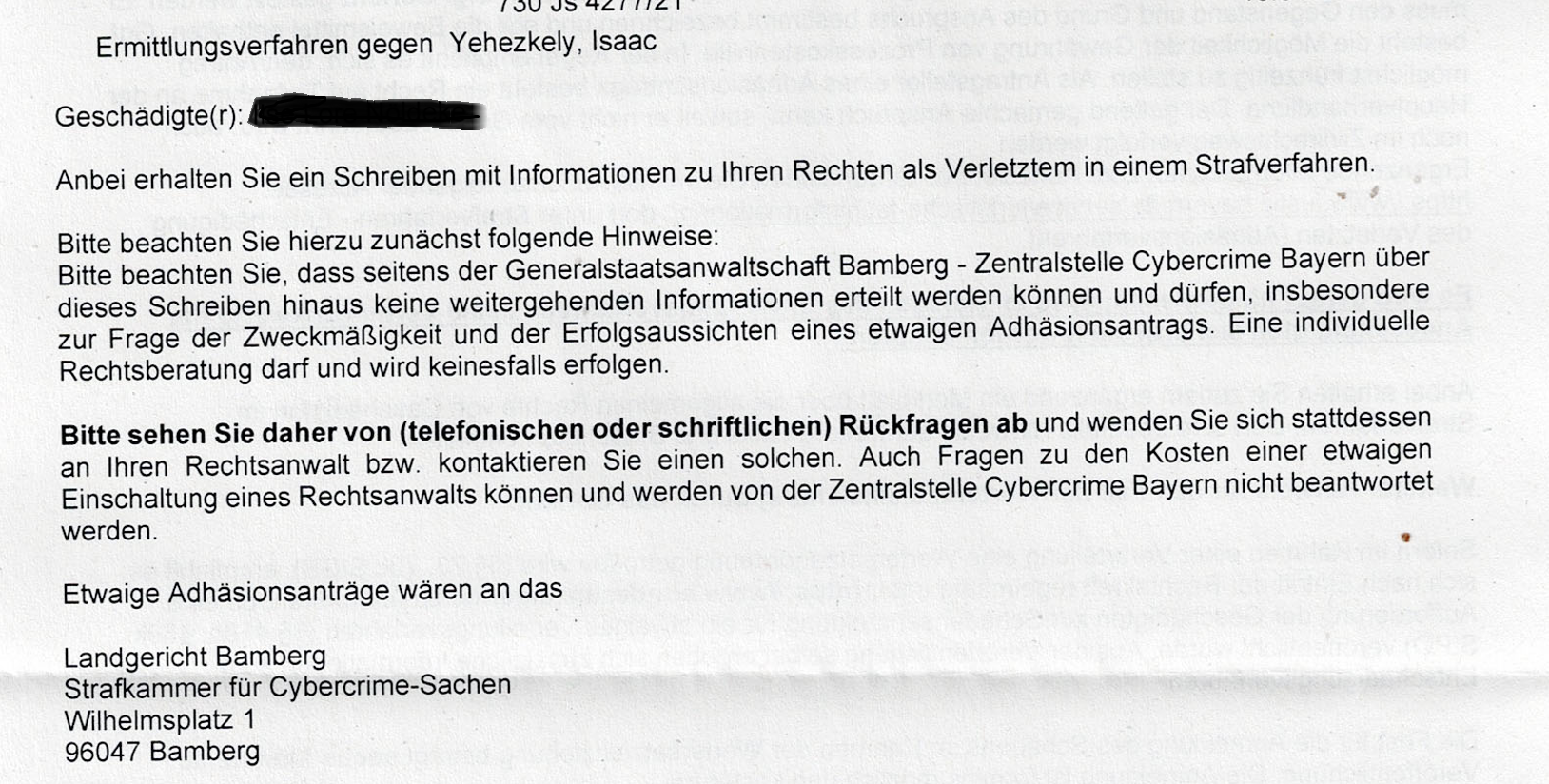
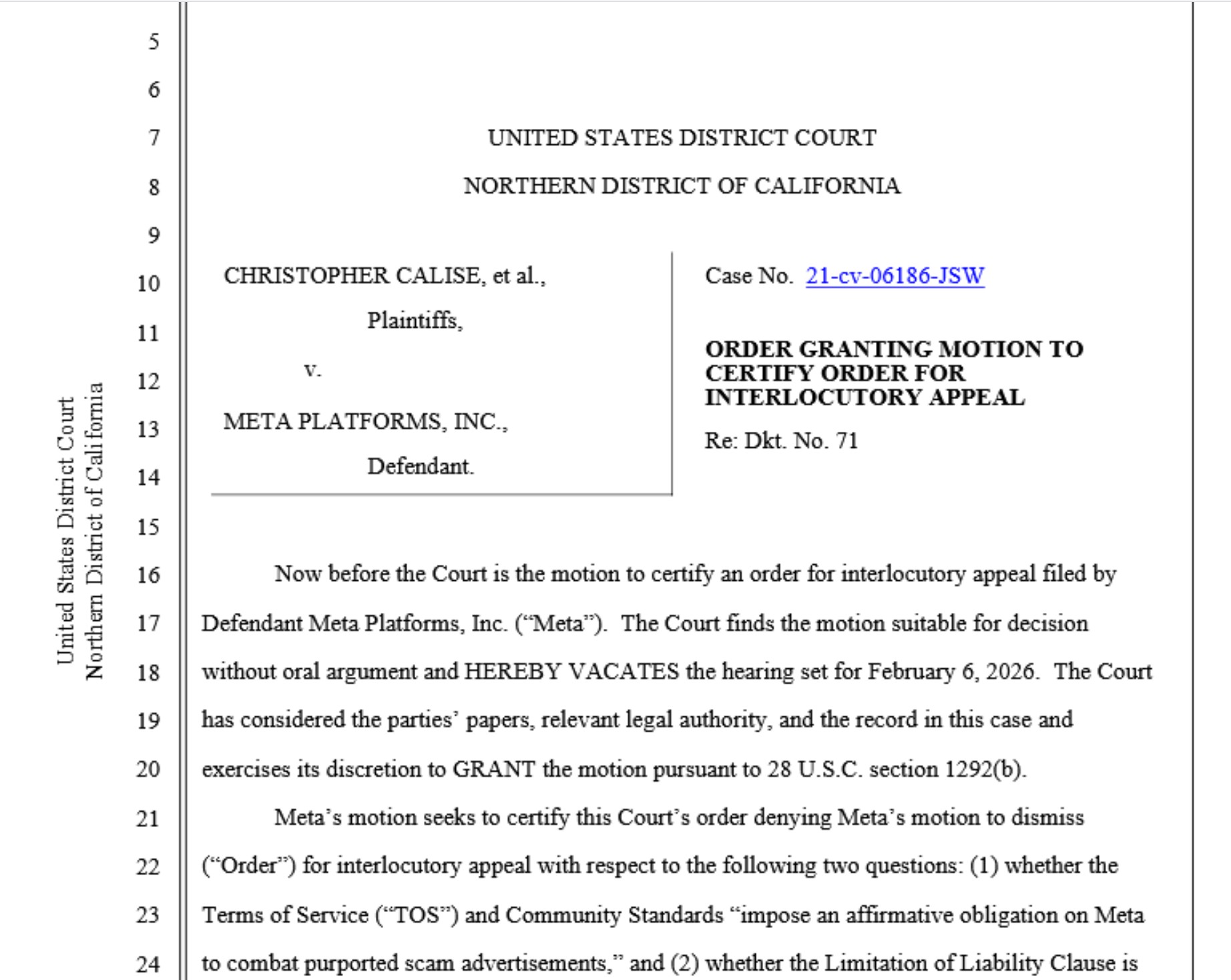
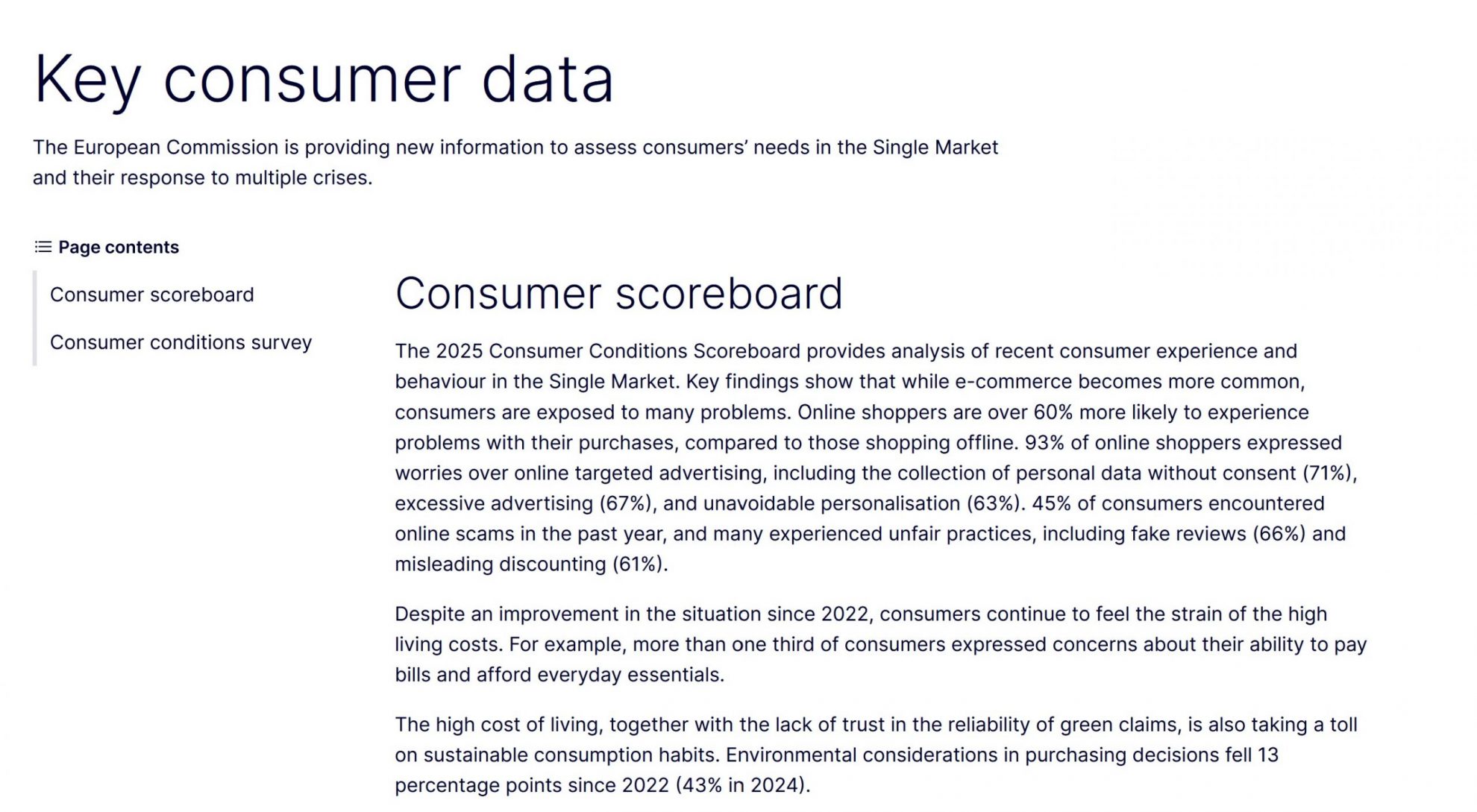
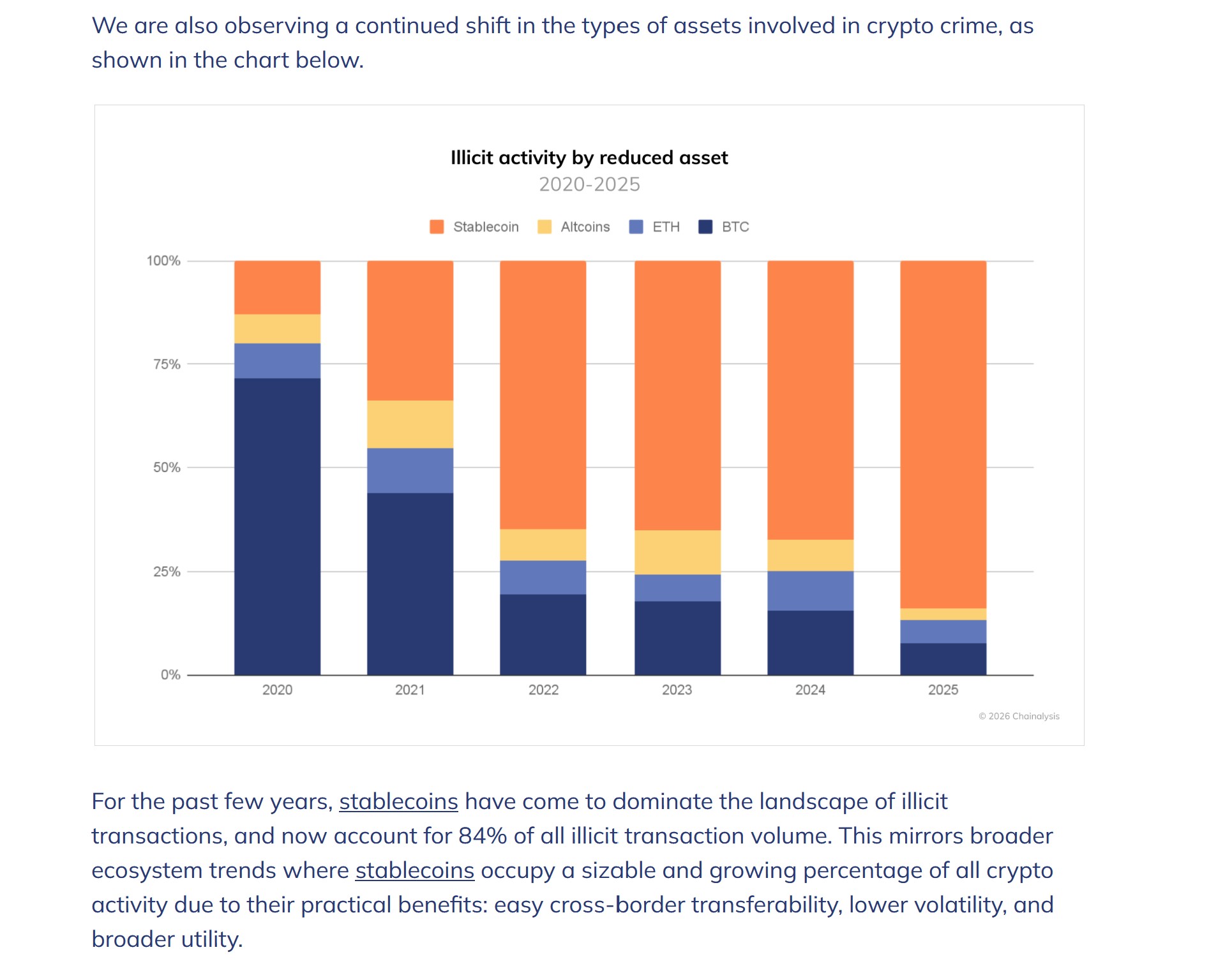
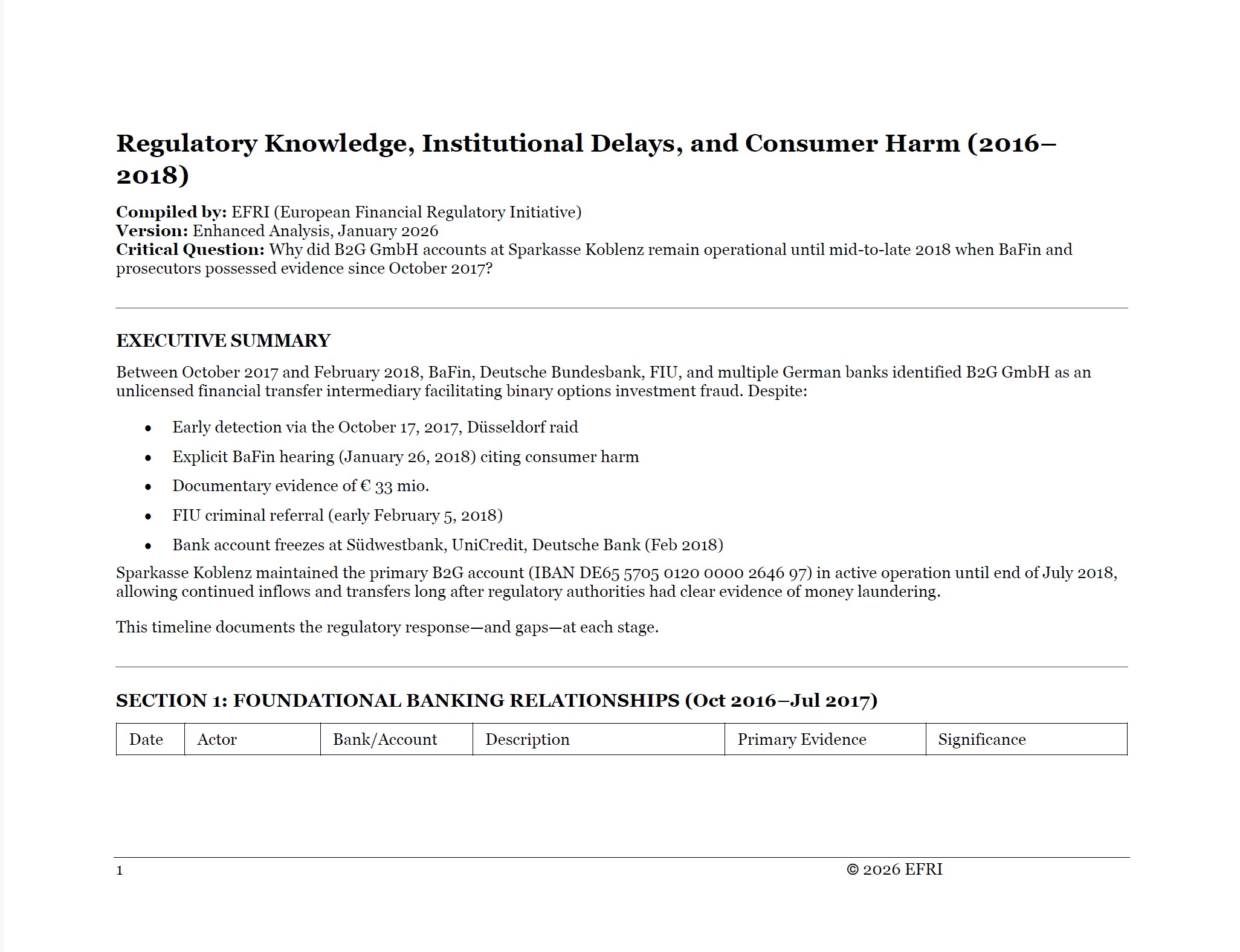
Comments are closed.